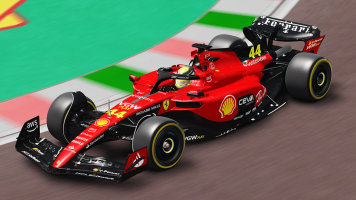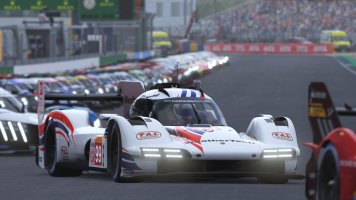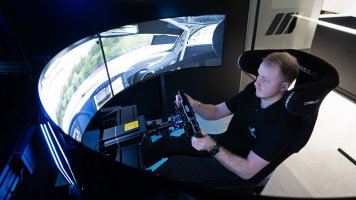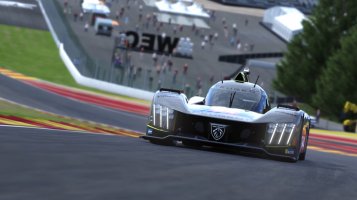RCHeliguy
Premium
"IF" this leak is real, than the new 10nm i9-12900K which should be released at the end of the year would have a single core performance that is 62% better than my i9-9900K. My i9-9900K has a 500 vs 810 for single core in the R20 3D rendering benchmark. With PCI Express 5.0 and DDR5 RAM, it looks like enough of an upgrade to be worth it.


 www.pcgamer.com
www.pcgamer.com
Fortunately it looks like DDR5 memory is in production despite the lack of motherboards that can make use of them, but as this article says, people appear to be buying them up in anticipation. They appear to initially be DDR5 32Gb x 4800 MHz.

 www.pcgamer.com
www.pcgamer.com
These rumors say we could start seeing these chips in October and Intel will focus on the higher end K and KF CPU's until 2022. So we should have CPU's and DDR5 memory, and then we have to wait for motherboard availability from China.
It looks like there will be an interim release in 2023 and it could be another 15-20% performance increase, but the next BIG upgrade looks to be 2024 once again "IF" Intel gets their ribbonFET's into production by then. If they do then even with 7nm lithography they would get closer to a 2nm transistor density. That should be a pretty big jump.

Leaked Intel Alder Lake numbers place it up to 22% quicker than AMD's finest Ryzen
Intel's gamble on big.LITTLE architecture could be about to pay off big time.
Fortunately it looks like DDR5 memory is in production despite the lack of motherboards that can make use of them, but as this article says, people appear to be buying them up in anticipation. They appear to initially be DDR5 32Gb x 4800 MHz.

The first 32GB DDR5 RAM kit lands at retail for $311 and it’s already sold out
TeamGroup's first consumer DDR5 memory has arrived, there is just nowhere to install it (yet).
These rumors say we could start seeing these chips in October and Intel will focus on the higher end K and KF CPU's until 2022. So we should have CPU's and DDR5 memory, and then we have to wait for motherboard availability from China.
It looks like there will be an interim release in 2023 and it could be another 15-20% performance increase, but the next BIG upgrade looks to be 2024 once again "IF" Intel gets their ribbonFET's into production by then. If they do then even with 7nm lithography they would get closer to a 2nm transistor density. That should be a pretty big jump.












